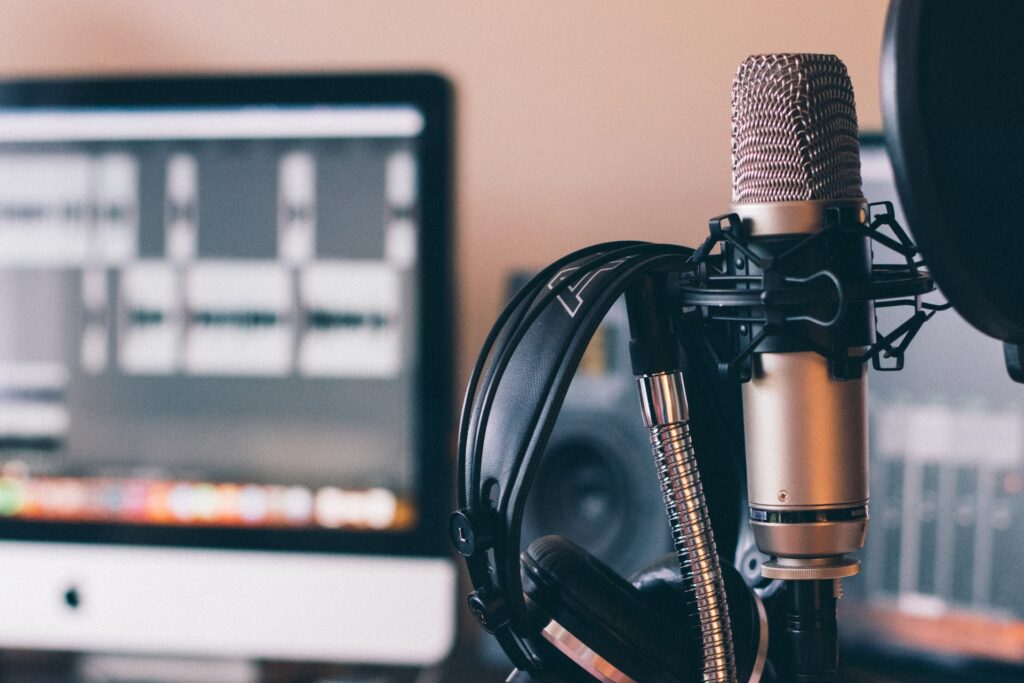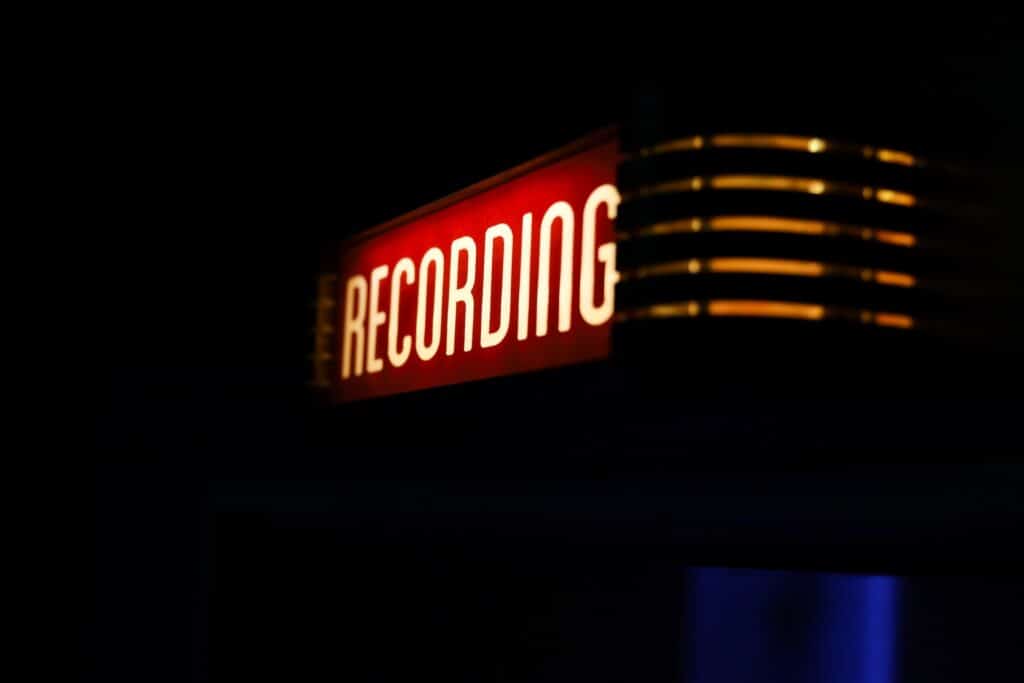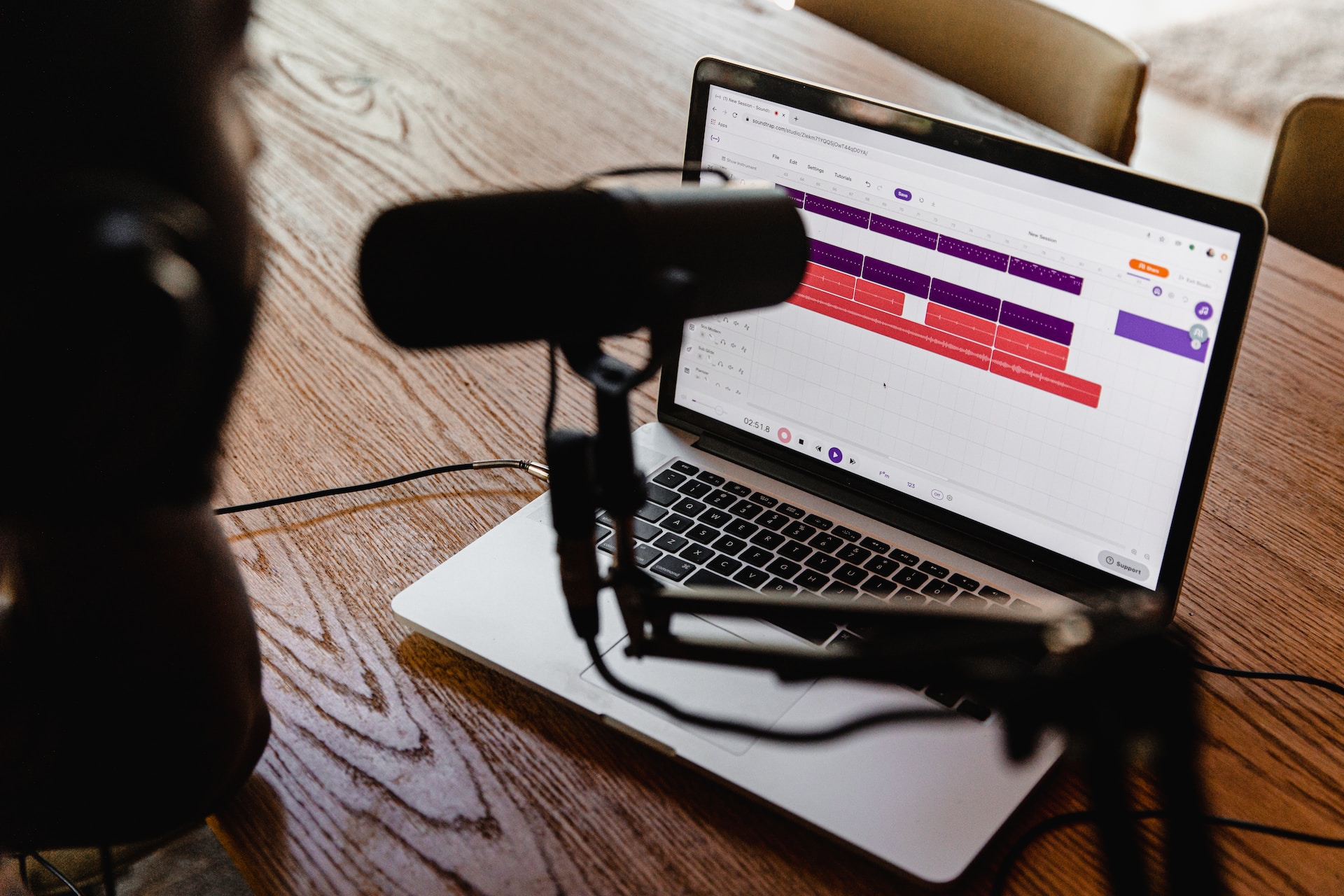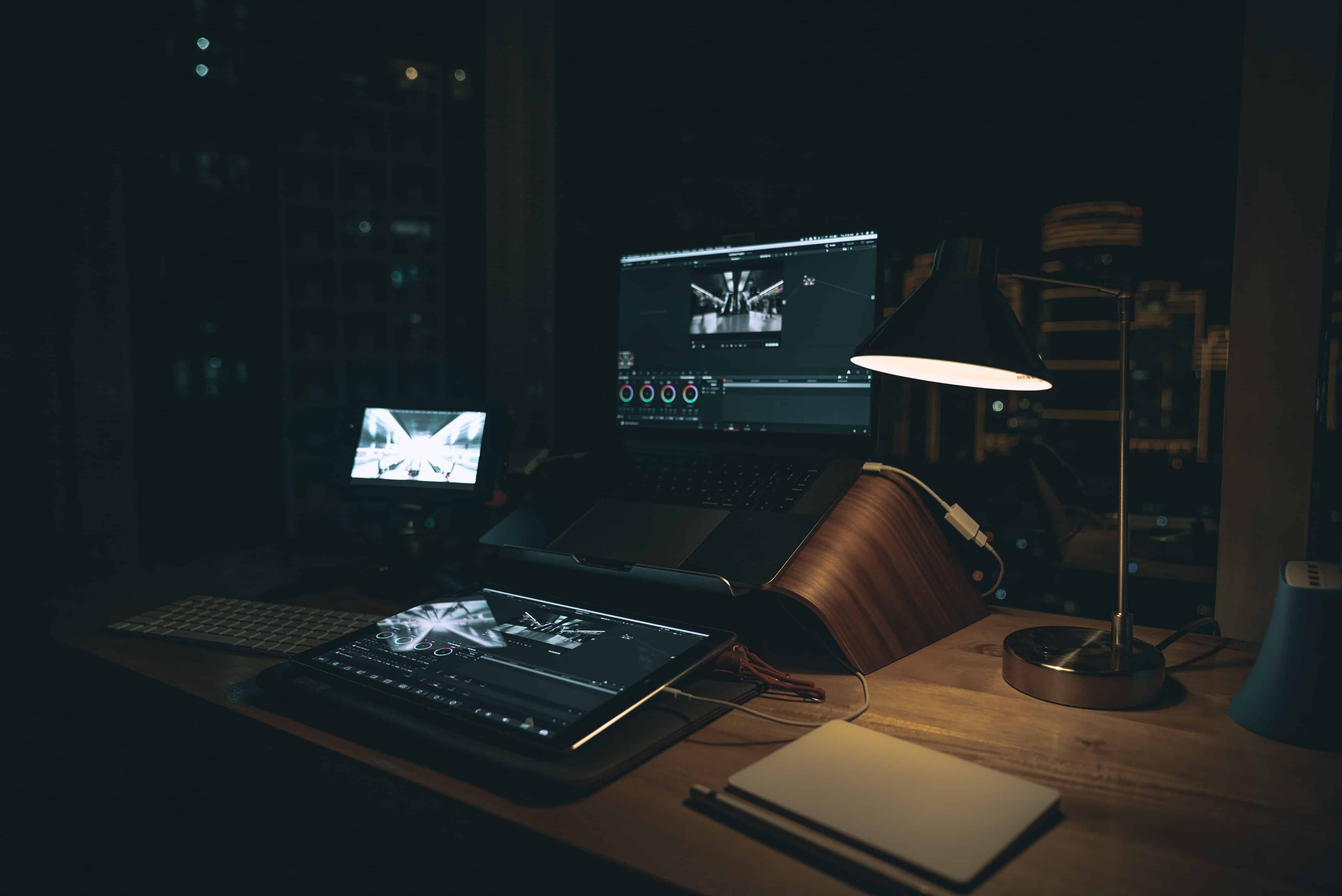One of the biggest contributing factors to the quality of audio transcription is the quality of the audio itself. The clearer something is, the easier it will be for your transcriber. If the microphone is low-quality and it’s picking up a lot of background noise, then it might compromise the accuracy of the transcript. Additionally, the poor quality audio may delay the process if it’s particularly difficult for the transcriber to hear. In some cases, transcription services may even charge more if your recording isn’t very clear.
Thankfully, there’s a very easy way to ensure that your audio recording, even if it has multiple people talking, passes the test. With quality audio files, you can receive a quick and accurate transcription. The secret is in the way you record your audio. One of the most important factors is your choice of voice recorder.
The differences in voice recorders
Voice recorders today are far more advanced than the tape-based ones of the past. This newer technology also comes at many different price points. From audio quality to storage mediums or even the types of microphones recorders support, there are countless different options to fit different budgets.
It will be important to consider several factors when determining which voice recorder to invest in. For instance, if you’re going to be recording outside most of the time then noise cancellation and background noise removal will be very important. If you’re going to record interviews where you and your interviewee will be sitting at opposite ends of a table, then a bidirectional microphone may be the best option.
Your line of work or hobby will also affect the type of voice recorder you’re looking for. Some people prefer small recorders that they can take out at a moment’s notice to start recording immediately. Others prefer to have more options and longer recording times and don’t mind a bit of setup at the beginning.
With so many differences, features and price points, it can be difficult choosing the right one. However, having an idea of what you’re going to use your voice recorder for will ultimately help you create recordings that are easier to transcribe. Selecting the right voice recorder will take a little research. Look at these five tips for picking the right voice recorder, and you’ll have a head start on that process.

1. Audio quality and clarity are important
When searching for the best digital voice recorder for transcription, it’s vital that you consider the quality of the recording and the clarity. The quality will often determine how easy it is to understand. Bitrates are the measurement units that indicate sound quality. The higher the bits per second, the clearer the sound quality. Clear audio is always preferable, but it also has the advantage of being more suitable for an automated speech recognition service.
Although ASR’s accuracy often lacks, using ASR can be helpful in some situations. For instance, while ASR with high-quality recordings isn’t a replacement for human-based transcription, it can make the process more efficient.
A high-quality microphone is often the main component to consider, but clarity can also be a factor. For instance, if you’re in a quiet room with several speakers, then an omnidirectional microphone can help you record those multiple speakers. However, if you’re in a busy area, that type of microphone will pick up lots of background noise, which can compromise clarity. If you’re planning to use your voice recorder in a busy area, then make sure it has a way to omit background noise or only pick up sounds coming from a single direction.
2. Storage space for recordings
The last thing you want is to run out of storage space during a recording. At the very least, running out of space will slow down your work process. Unfortunately, depending on the quality of your voice recorder it may not even warn you when your storage is low, leading to a loss of audio recordings that you won’t be able to recover.
Having plenty of storage on your device is, therefore, important. This is especially true if you’re going to be recording long conversations away from your office or a computer that you can upload them to.
Thankfully, if you have access to something like a laptop, it should be easy to transfer the audio files through USB transfer. Some voice recorders use removable memory cards which can also work if your device has the right slots for it. Do keep in mind that most voice recorders that capture high-quality recordings also use up more space.

3. Convenience of the voice recorder
People use voice recorders for many different reasons. Some people use them to record voice clips of interviews when they’re out in public. In these cases, a small recorder that fits in your pocket is helpful. However, if you’re setting up a voice recorder for planned interviews and don’t mind spending some time setting up, then larger options might be a better choice.
Even a small voice recorder no larger than a typical smartphone can pack some amazing features. However, do keep in mind that a smaller and more convenient recorder will be more expensive. When looking for the best digital voice recorder for transcription, you should expect to pay a premium for convenience if that’s an important factor for you.
4. Voice recorder battery life
Voice recorders typically come with very durable batteries that can last much longer than the ones that power your smartphone. Since a voice recorder is dedicated to only recording audio, you’ll get much more longevity out of a single charge compared to a battery that’s powering a multiple-use device.
However, it’s still worth taking into consideration how large the battery of a voice recorder is before making a purchase. You’ll want to consider how much battery you’ll actually need, and you should also think about how this plays into the cost and convenience of the device.
For example, a larger device will typically have more space for a larger battery. If convenience is a limiting factor, you might need to go for a more expensive model with a condensed build and smaller battery.
Similarly, you’ll need to think about how often you’ll be around a power source. If you’re going to be out in the field making audio recordings for most of the day, then you’ll want a battery that lasts for at least 24 hours of use. Some voice recorders also use regular, disposable batteries. These might be a better option if you’re going to be away from a source of power for a long period of time.

5. Basic editing features
Something that will make your entire workflow much simpler is to have basic editing features on your voice recorder. This will usually come at a much higher price due to the processing power required to edit a recording on-the-fly. However, this can be incredibly convenient if you don’t need to cut files manually on your computer before sending them to a transcriber.
Being able to conveniently cut, trim, delete and merge files will make it far easier for the transcriber. You’ll be able to cut out sections of an interview if you don’t think they are relevant, which can ultimately help reduce the cost of transcription. Breaking a file down into chapters or sections can also help speed up the process, meaning you’ll get results sooner.
Picking the right voice recorder for you
Whatever your recording needs, there is likely a voice recorder that will meet them. Make sure you take the time to understand your options before making a purchase. Whether size, battery life or storage space matter to you, it’s vital you know exactly what you want out of the recorder before buying.
Investing time and resources into selecting the best recording option for you will help you produce high-quality audio files. As a result, you’ll be able to streamline the transcription process. Ultimately, you’ll be able to save money and time while getting the insights you need from your recordings.
Verbit works to create high-quality transcripts for professionals across the globe. Reach out to us today to learn how our solutions can help you convert your audio recordings into searchable transcripts or closed captions.




